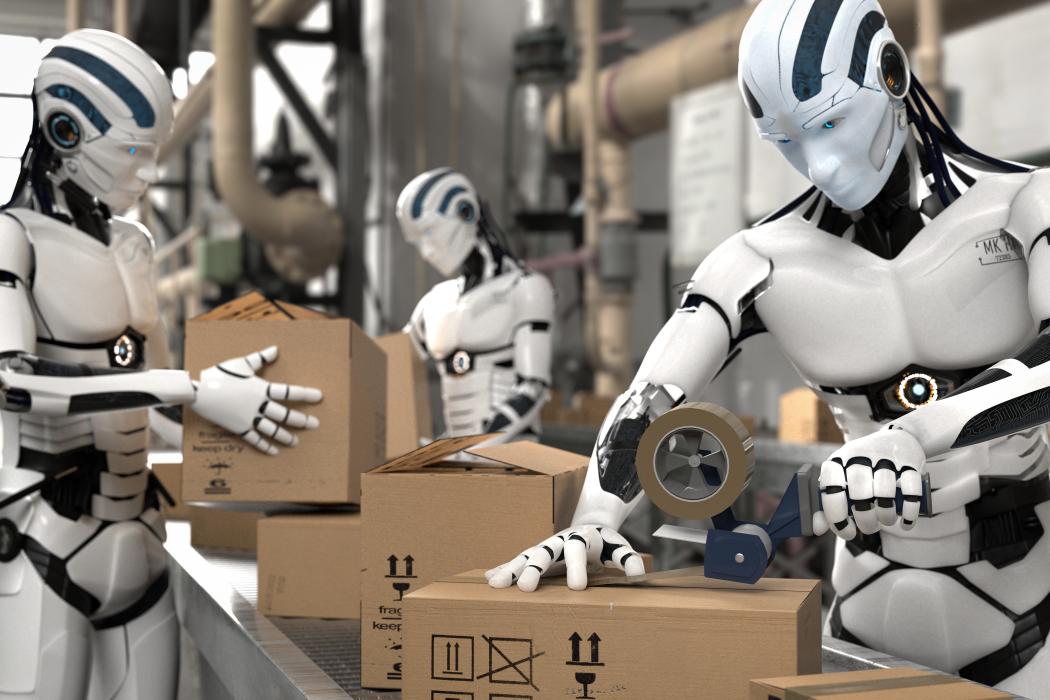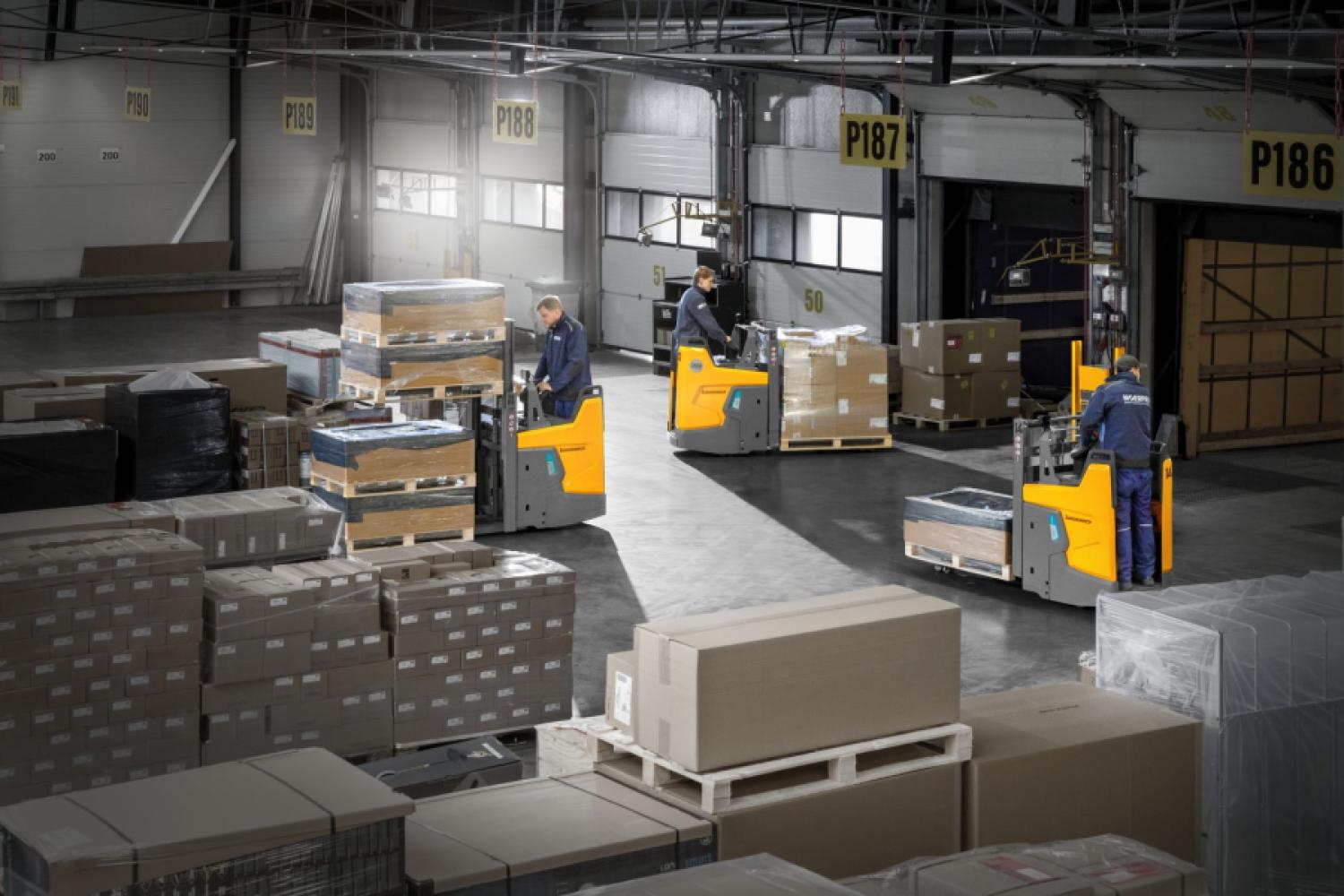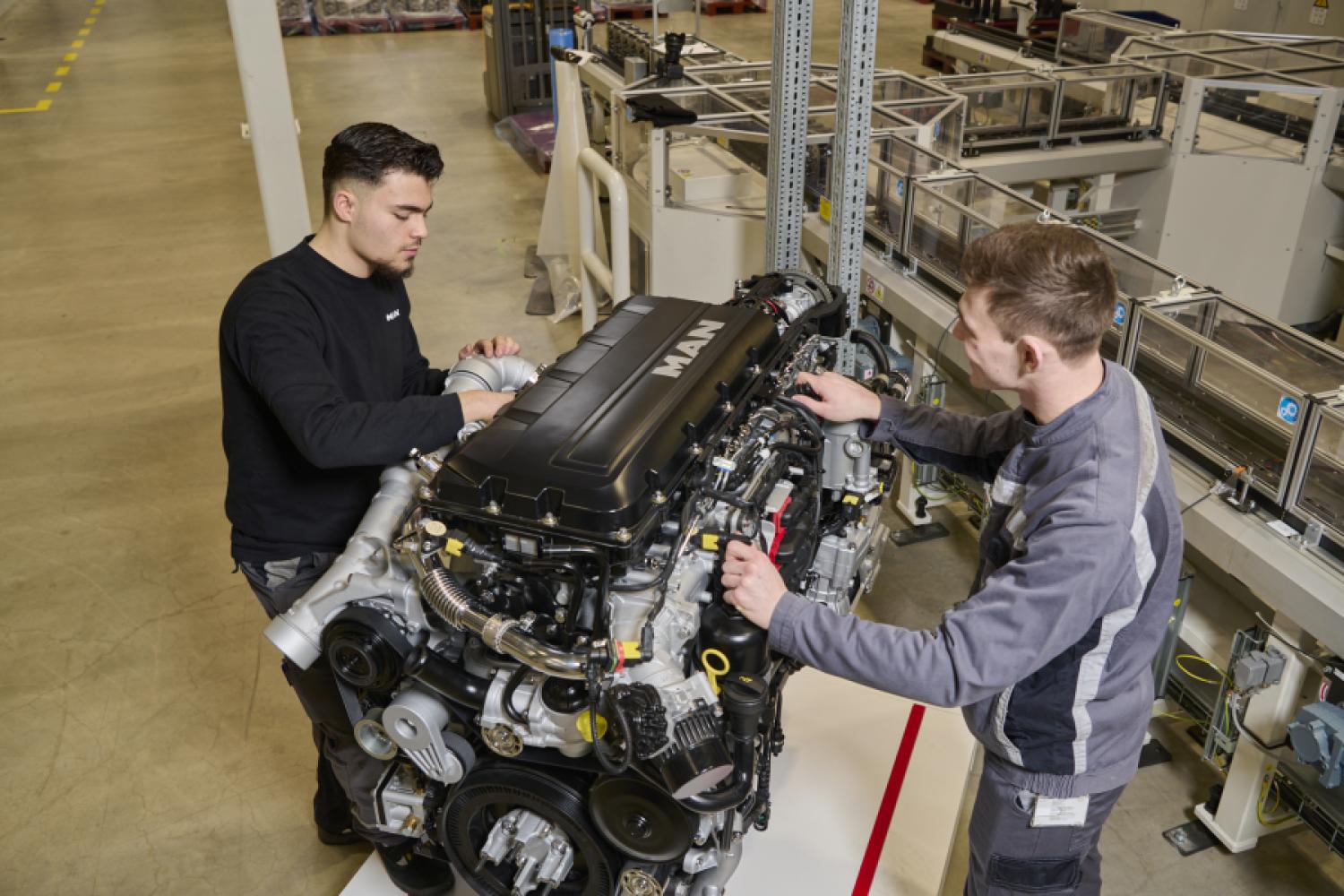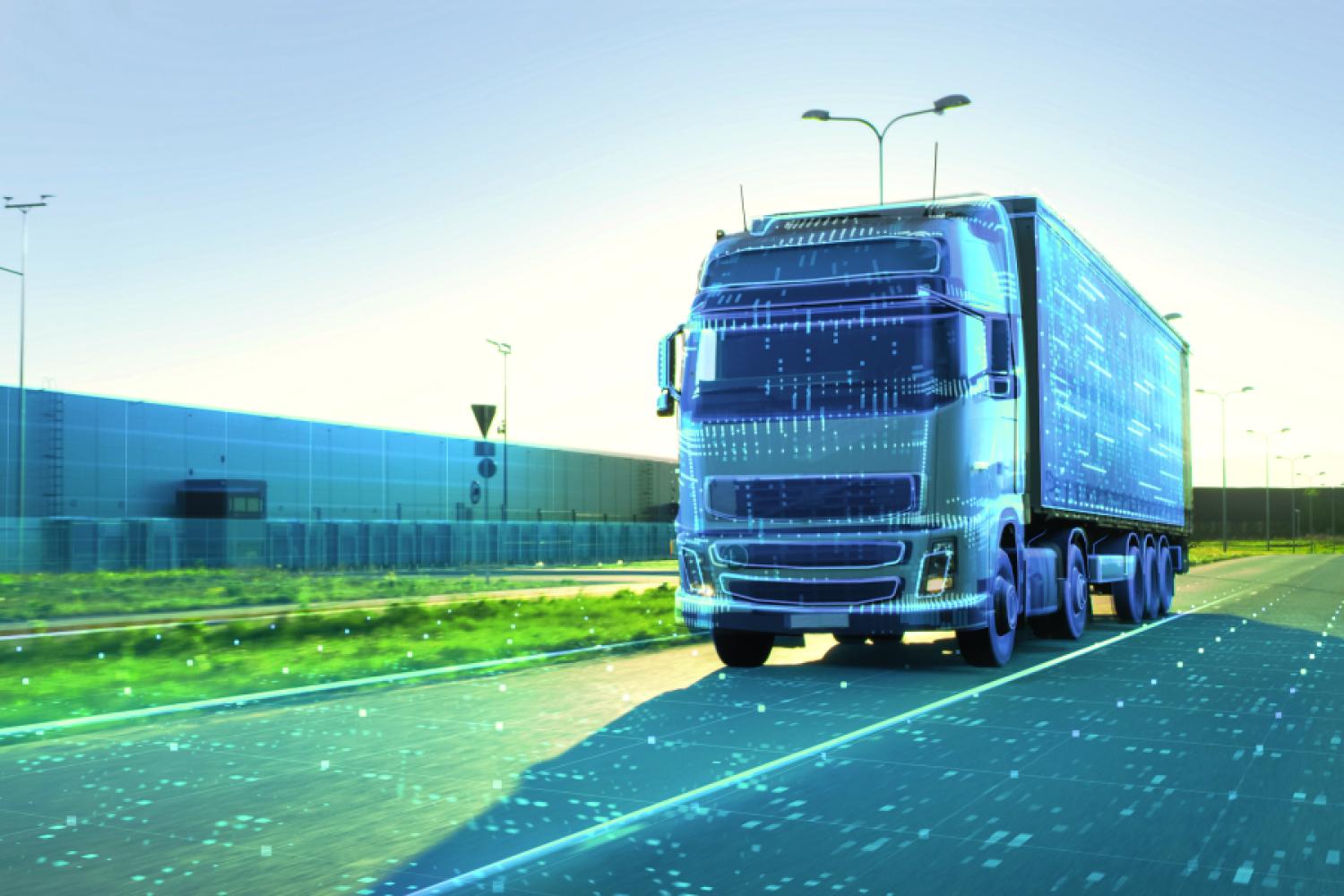Artificial Intelligence (AI) and Machine Learning (ML) will fundamentally change logistics in the coming years. At the same time, companies are under increasing competitive pressure and must meet growing customer expectations – particularly with regard to predictably high service quality and sustainability. These are the central findings of the current "Logistics Trend Compass 2025," published by the Berlin digital freight forwarder Forto. A press release from June 11 reports on this.
According to Forto, the study is based on a comprehensive survey of 271 professionals from the fields of logistics, supply chain management, and procurement, conducted between December 2024 and February 2025 and then evaluated.
The experts surveyed consider AI and ML-supported solutions to be the most important future trend in their companies: 40 percent rank them first, clearly ahead of sustainability solutions, which follow with more than 20 percentage points behind. More than half (53 percent) of respondents expect a high or very high impact on their
specific industry in the next five years. In supply chain management, it is even 57 percent.
AI as a Strategic Opportunity for Logistics
"The potential of AI technologies is now recognized in wide circles of our industry," says Guillaume Petit-Perrin, CEO of Forto. "However, our study also reveals a significant discrepancy between expectation and reality."
Only twelve percent of the companies surveyed report using AI tools and solutions extensively. Only three percent currently classify AI-supported tools as critical to their business. The majority are still in an early stage: 22 percent are testing specific use cases, while 34 percent report limited use of AI solutions available on the market.
Costs and Security Concerns Slow Adoption
The introduction of AI in logistics often fails due to high costs – 41 percent of respondents say this. Data protection and security concerns (36 percent) as well as a lack of technical know-how and resources (35 percent) also hinder progress. Those who
want to successfully implement AI need clear strategies and targeted investments, concludes Forto.
"Those who recognize the potential of AI – and especially generative AI – and strategically prioritize industry-specific challenges, will shape the logistics of tomorrow," says Kamil B. Rodoper, Chief Product & Technology Officer at Forto. "At Forto, we see the benefits of AI in reducing manual, repetitive, and low value-added tasks in our operational processes, which in turn helps our professionals break away from daily routines and focus on delivering exceptional and customer-specific services."
Sustainable Logistics Rarely Decisive
In addition to AI, sustainability is emerging as a second key industry trend in the study. Sixteen percent of respondents identify sustainable logistics solutions as the most important future trend.
However, the growing importance of sustainable logistics practices is only partially reflected in the selection criteria for freight forwarding partners. Assuming equal costs, sustainability is only a decisive factor for nine percent of respondents. Service quality (41
percent) and digital services and technologies (22 percent) are significantly more important for experts in choosing a provider.
Digital Means Against Urgent Challenges
The biggest challenges for logistics professionals remain multifaceted: according to the study, companies struggle primarily with strong competitive pressure (44 percent), increasing customer expectations (30 percent), and economic uncertainty (28 percent). Added to this are accelerated digital transformation and ongoing disruptions in supply chains.
Supply chain analysis also concludes: for many companies, complexity has long become everyday life. So, 49 percent describe their supply chain as "complex" or "very complex" and another 37 percent as "somewhat complex". Regardless of whether these numbers reflect reality or perception, the survey confirms Forto's strategy to use AI to simplify logistics and optimize decision-making for customers.
There's also still room for improvement in digitization: only just over a third rate their own supply chains as digitized, and almost 30 percent see themselves only halfway – an indicator of ongoing






